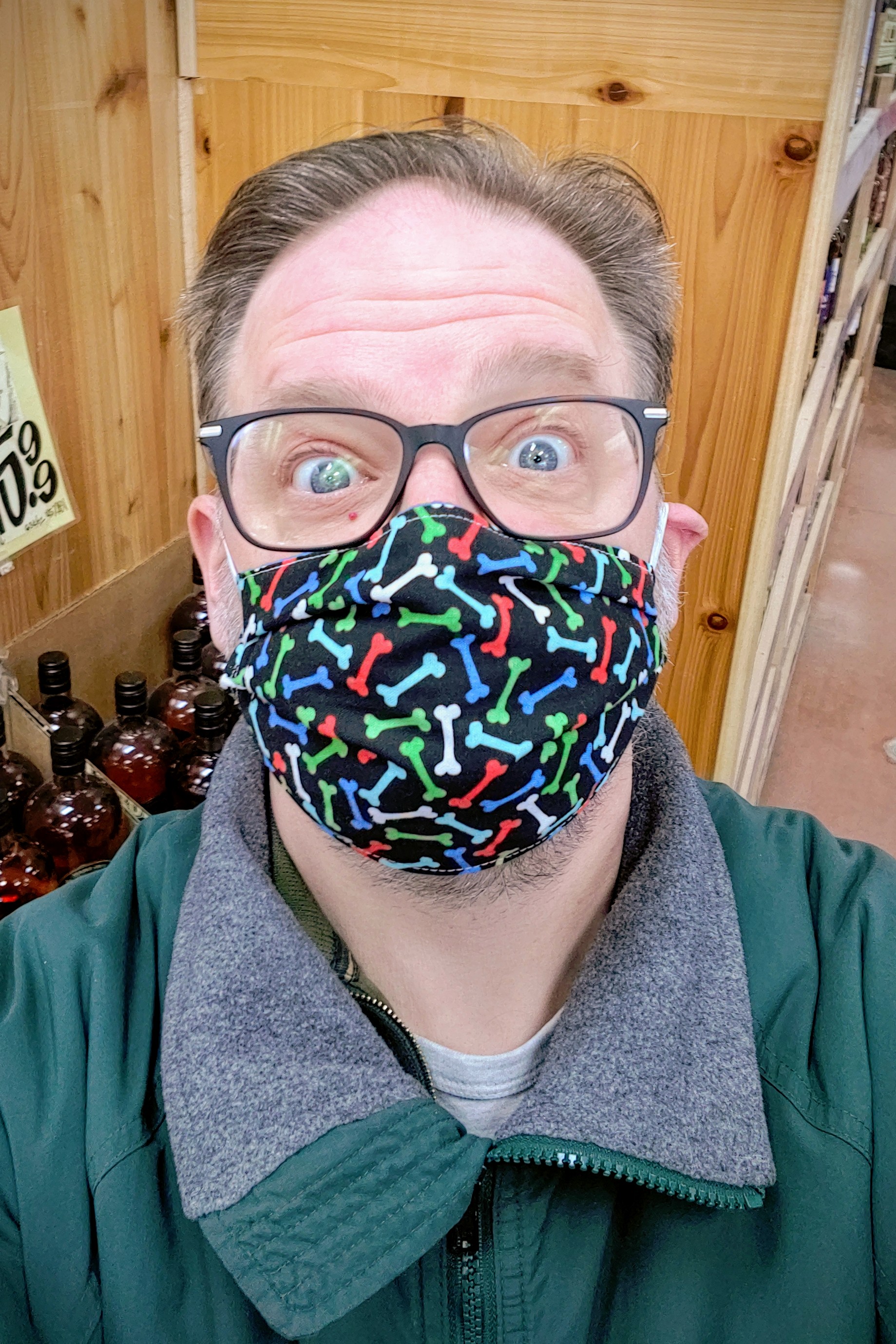I suppose, given how long I've lived in the United States, the inability of my fellow Americans to understand anything not happening directly to them should no longer surprise me. And yet it does.
Even as Illinois passes 10,000 known cases of Covid-19 (1,453 new ones just yesterday), with 300,000 cases nationwide, the president cares only about his TV ratings. People in rural areas are dying too, but not yet in the same proportions of population we're seeing in cities.
I had a conversation yesterday with someone who echoed what right-wing propaganda has said for a while. He thinks that we're over-reacting. Essentially, he thinks the damage to the economy from our "medically-induced coma" outweighs the few thousand deaths likely from the coronavirus. To these folks, because no one they know has gotten sick or died, it can't be that bad. Or it's no worse than (pick one) the 34,200 influenza deaths we had in 2019, or the 38,800 deaths from car accidents. Of course, those 72,000 deaths happened a few here and a few there, not all at once, and not all in the same place.
People seem not to understand is how contagion and incubation works. With a 5-to-9 day period between infection and symptoms, a single person could infect dozens of others before coughing even once. Or at all, since we know that this virus sometimes doesn't cause any symptoms at all. We can also demonstrate to some degree how many deaths we have prevented by stopping the economy for a couple of weeks. Had we done nothing, we may have had 2 million deaths. As it looks now, we might get out of this with only 200,000 deaths. And that's only from Covid-19; other diseases are still killing people. Hospitals in some places have maxed out, so many people can't get the medical attention they need.
But yes, in Chicago, with everyone working from home, with the curve flattening (despite the 1,453 new cases yesterday), it looks like the cure is worse than the disease. Just like amputating a gangrenous foot might seem worse than dying of septicemia. ("But I never had septicemia! It was just a gangrenous foot, so why did you cut it off? Now I have no foot!")
Meanwhile, even though the CDC have recommended everyone wear masks outside for a few weeks, President Trump—whose malignant narcissism makes him incapable of understanding anything beyond his own interests—said he won't wear one. Good. Let that go to its logical conclusion.
